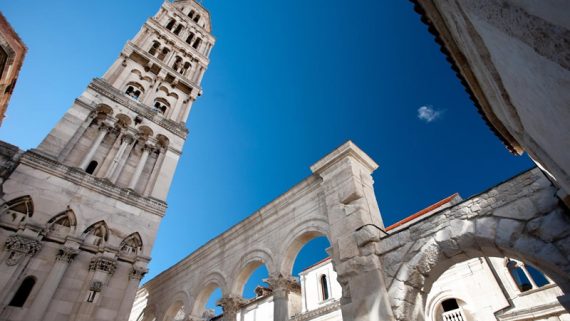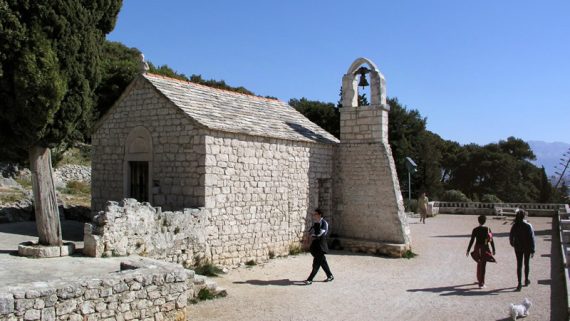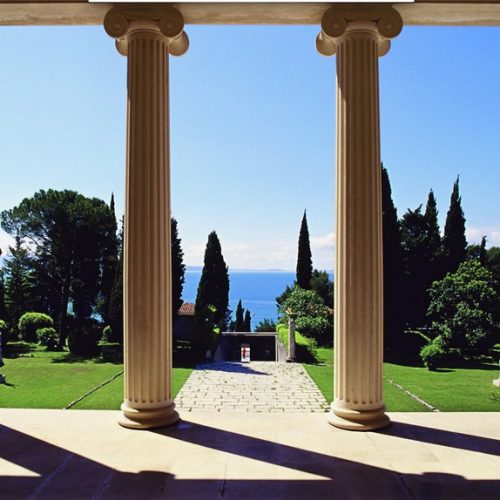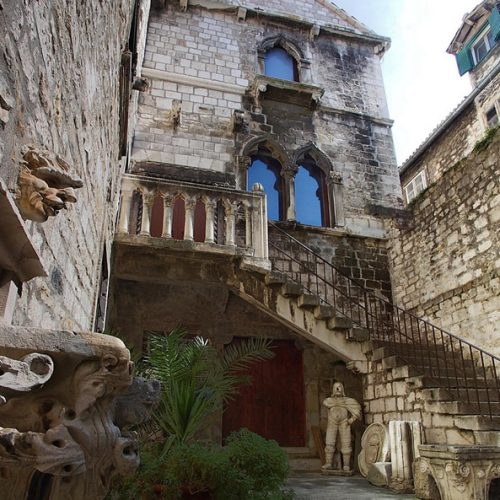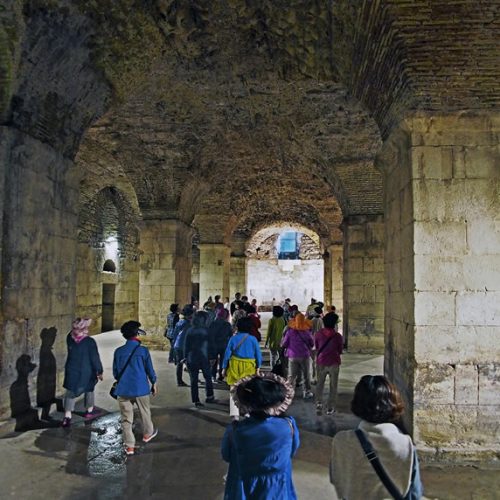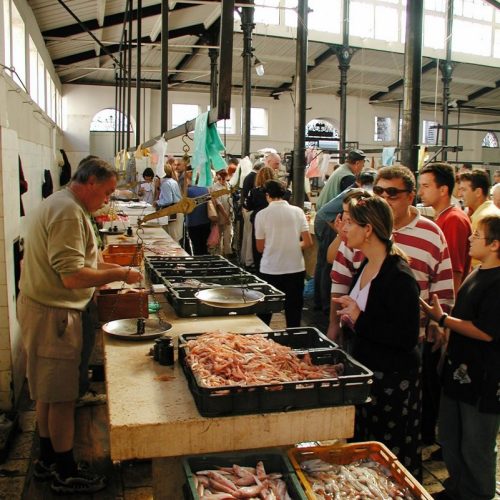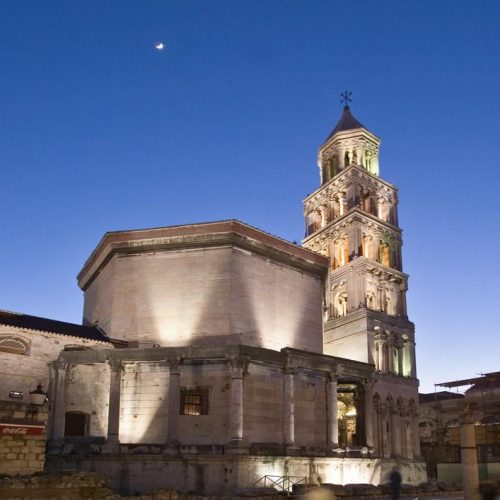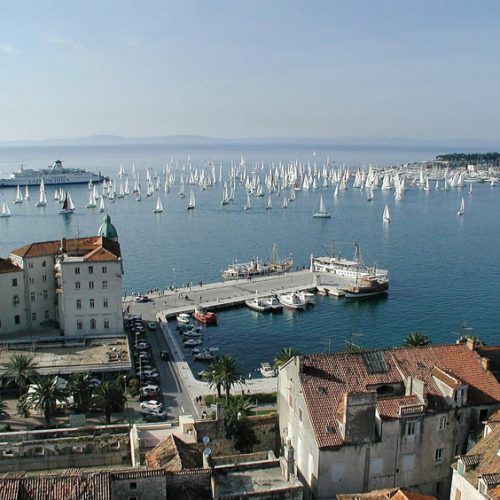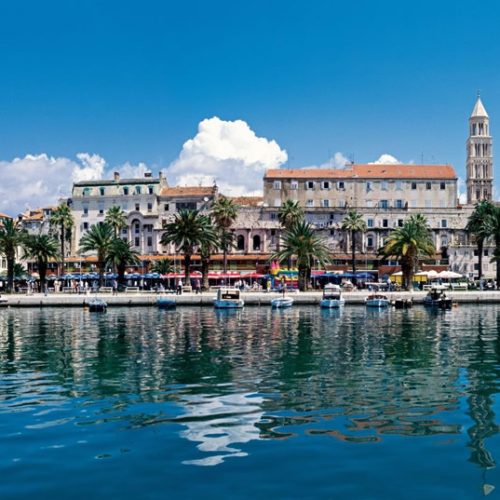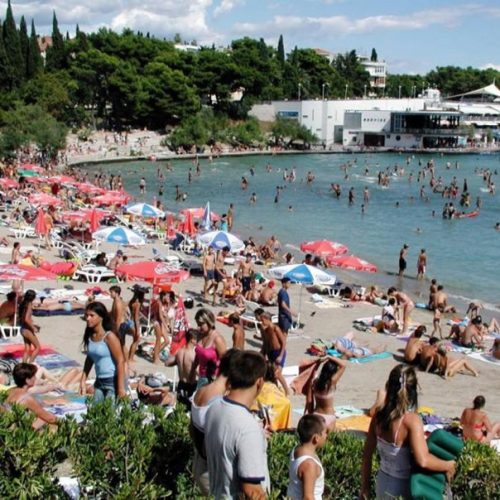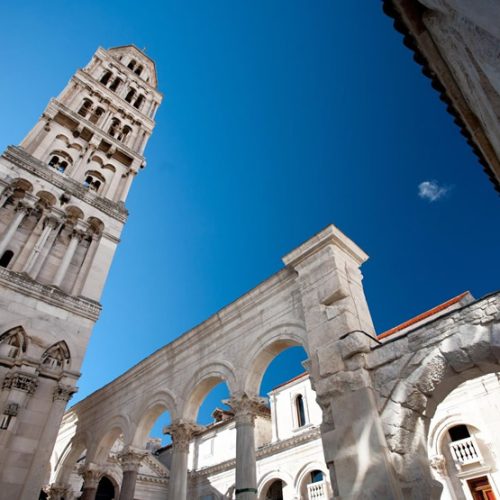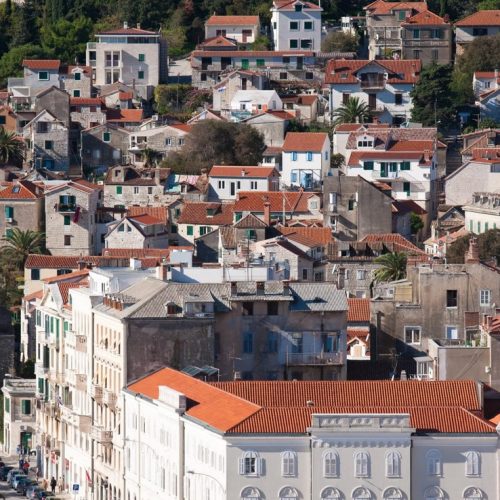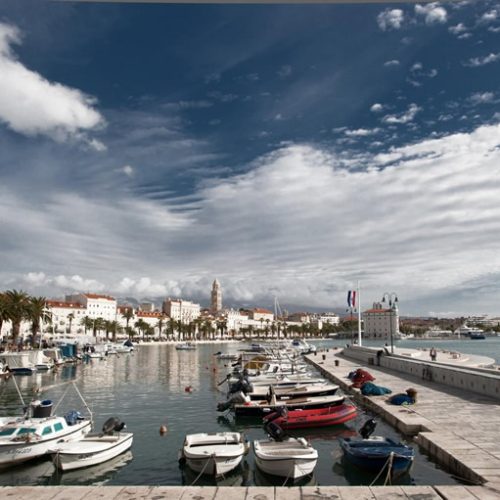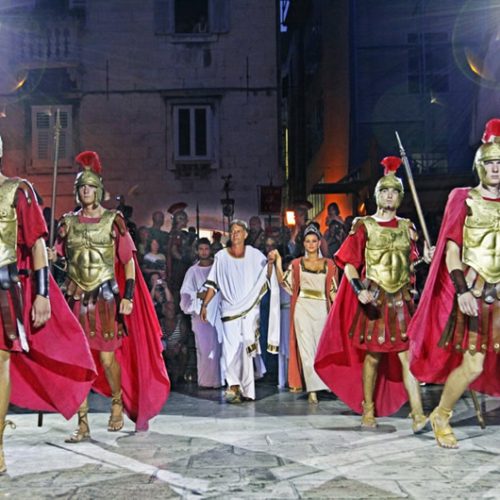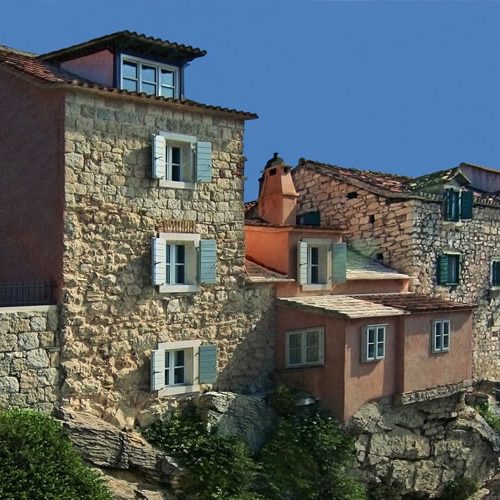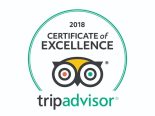You should definitely reserve a day for a walk on the Marjan hill, and not only to the Belvedere, but further on along the forest paths ideal for all kinds of recreation – hiking, running, climbing, biking, and also swimming during the summer, kayaking,…
This green hill, on the west side of the Split peninsula became, long since, the most important city symbol, almost resembling a natural patron of the city spreading at its feet. Marjan has, since the time immemorial, also remained the spiritual refuge for the local citizens, with its ancient small churches, of which some, on the south promenade, are – literally carved into the hill’s rocks.
Each part of Marjan will provide you with its own serenity from the city turbulence, and will allow you to enjoy the view of Split and its sea and land surroundings, stretching all the way to the remote islands. Marjan is also home to the most visited gallery of Split the Ivan Meštrović Gallery and its Kaštilac, with a priceless collection of the works of this most famous Croatian sculptor.
While returning from Marjan towards the city centre, you should visit the Split museums, starting with the Museum of the Croatian archaeological monuments and the Archaeological museum, both preserving the treasures of the ancient times. Also worth visiting are the City Museum of Split, the Ethnographic museum, the Art Gallery with one of the largest collections of Croatian and international art in the country, the Croatian Maritime Museum within the Gripe fortress, the House of Fame of Split’s Sport holding the memory of numerous sportsmen and women who have made Split the Croatian Sport metropolis.
Since just recently it is also possible to tour the Poljud stadium, the home to the most popular Croatian football club Hajduk, founded in 1911, proud of its trophies and the oldest supporters club in Europe, Torcida.
Remember to visit the numerous churches, as extraordinary monuments of sacral architecture, from the already mentioned Cathedral of St Domnius, the St Anthony’s monastery on Poljud, the medieval Holy Trinity, a 16th century synagogue, the miniature Saint Martin in the north wall of the Diocletian Palace, Saint Frances next to the Riva…
A three day stay will offer you the opportunity to enjoy the growing number of restaurants with specialties that have depicted Split as one of the most important Croatian gastro-destination.Take also into account the numerous events, from club concerts and parties, music, film and theatre festivals and performances in the Croatian National Theatre, with the program always available on the Tourist Board website:
www.visitsplit.com – events

 English
English Hrvatski
Hrvatski Deutsch
Deutsch Italiano
Italiano
